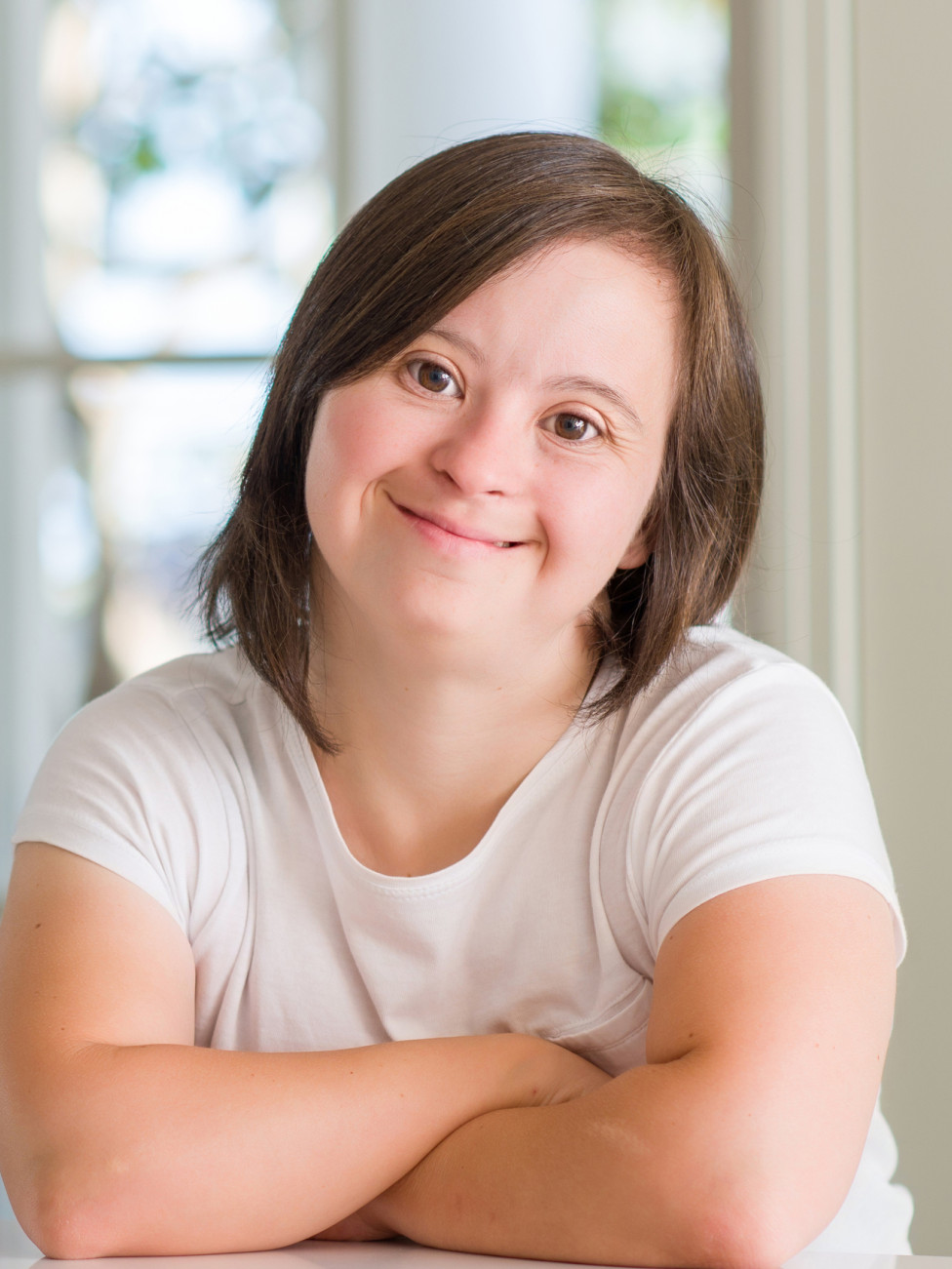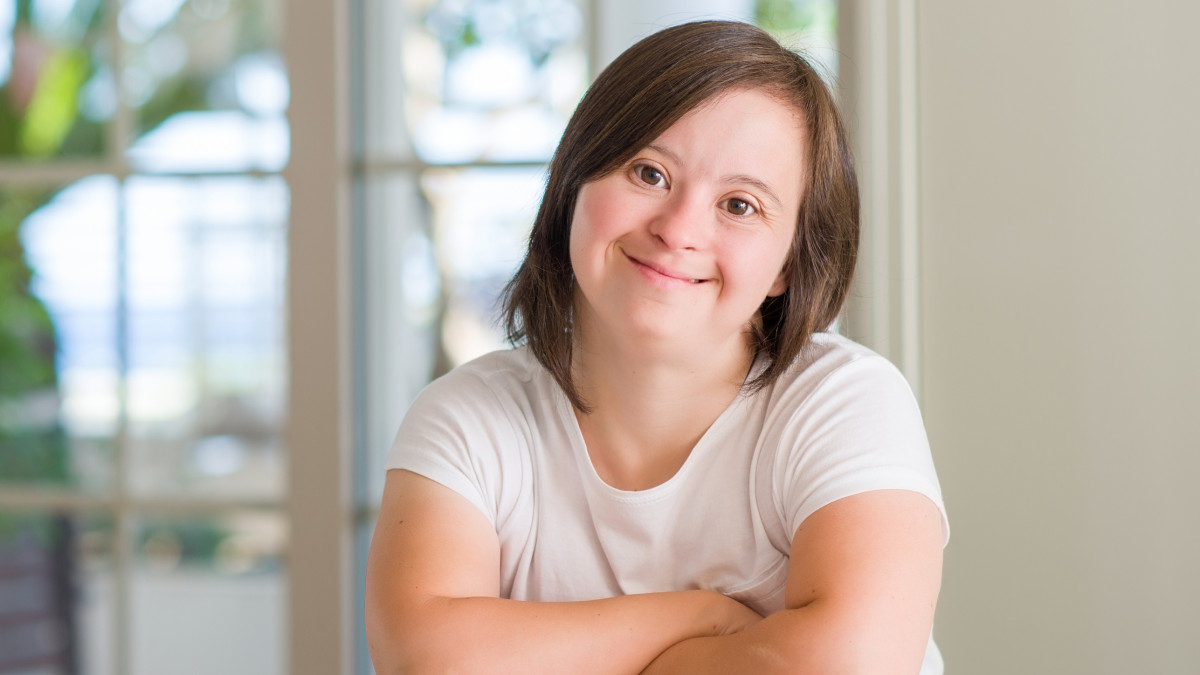Your Complete Guide to Younger Onset Dementia
26 July, 2022
Got questions about Younger Onset Dementia? We’ve got the answers. Use this guide to learn about the signs of younger onset dementia, and what to do if you receive a diagnosis.

Dementia doesn’t discriminate.
It may be commonly associated with an older demographic, but people of all ages can be diagnosed with the disease. In fact, as many as 25,000 Australians are living with Younger Onset Dementia.
Though it’s less common for people in their 30s, 40s and 50s, Younger Onset Dementia is the diagnosis given to anyone under the age of 65.
People in this age bracket often have busy lives - balancing jobs, families, hobbies and more - so the symptoms often go unnoticed.
If you think you, or someone you love, may be showing signs of Younger Onset Dementia, we’re here to help.
Read on for our comprehensive guide to Younger Onset Dementia - sharing everything you need to know, and your options for ongoing support.
What is Younger Onset Dementia?
The term Younger Onset Dementia is used for any form of dementia diagnosed in people under the age of 65 years. You may also hear it referred to as ‘early onset’ dementia.
Complex and increasingly common, dementia includes a broad range of illnesses that impact a person’s mind - to the point that the symptoms interfere with their daily life.
Read more about dementia in our complete guide to dementia blog.
What’s the difference between dementia and younger onset dementia?
Medically speaking, there is no difference! However, frontotemporal dementia is more common in younger groups.
The main difference seen by the patient - and their loved ones - is the unique set of challenges younger onset dementia brings.
E.g. a person may be in the midst of their career, a parent to young children, and otherwise be generally strong and healthy, when facing this diagnosis. The shock, stress and adjustments required can feel overwhelming and - in most cases - quite frightening.
It is important to note that dementia can happen to anyone, even those who are relatively young and without illness. For this reason, a dementia diagnosis can come as a shock.
If this sounds familiar, we’re here to help. Check out our Dementia Care services or skip to the end of this blog for more support options.
What causes Younger Onset Dementia?
The most common causes of younger onset dementia are damage or changes to the brain - often through injury or illness.
Dementia can be a symptom of:
Alzheimer's Disease
Vascular Dementia - strokes are the second leading cause for dementia
Parkinson's Disease
Dementia with Lewy bodies
Frontotemporal disease
Severe head injury
Younger onset dementia, as with all forms of dementia, is not entirely preventable. Although, there are some things you can do to lower your risk of getting dementia.
What does the research say?
As the number of diagnoses increase, so do the statistics.
Here are a few recent findings about dementia in Australia:
Without a medical breakthrough, the number of those diagnosed with younger onset dementia is expected to rise in Australia to 41,249 by 2058 (Dementia Australia, 2018)
In 2022, it is estimated that almost 1.6 million Australians are involved in taking care of someone diagnosed with Dementia (Kotsas et al. 2017)
Over 65% of those with dementia live in the community, rather than in out-of-home care (Australian Institute of Health and Welfare, 2021).
What are the symptoms of Younger Onset Dementia?
Early symptoms of Younger Onset Dementia can be hard to notice.
There are, however, common symptoms that you can keep an eye out for.
Talk to your doctor if you notice any any of the following:
Memory loss - particularly of recent events
Increasing confusion
Reduced ability to concentrate
Disorientation
Language difficulties
Misplacing things
Poor spatial awareness
Reduced ability for abstract thinking
Mood and personality changes
How is Younger Onset Dementia diagnosed?
The sooner you seek a diagnosis, the better.
If you’ve noticed any of the symptoms above - in yourself or in someone you know - it’s time to start a conversation.
Make an appointment with your local doctor or contact the Cognitive Dementia And Memory Service (CDAMS).
A diagnostic evaluation will ensure that any treatable conditions are tested for, before a younger onset dementia diagnosis can be made.
What does diagnostic evaluation involve?
A diagnostic evaluation is a thorough medical and psychological examination.
You can expect:
A review of your medical history - it may be helpful to have a family member or close friend present.
A physical and neurological examination - this may include tests of the senses and movements.
Laboratory tests (a ‘dementia screen’) - this includes blood and urine tests. A CT or ECT scan may also be conducted.
Mental status tests - intellectual function tests are part of this evaluation, including memory, reading, writing, and calculating.
Psychiatric tests - Depression can sometimes mimic depression, so it is important to test for this. Anxiety and delusions are often experienced by those with dementia.
Neuro-psychological tests - this evaluates a person’s comprehension, insight and judgement (all functions affected by dementia)
What to do after a diagnosis of Younger Onset Dementia.
A diagnosis of dementia is hard at any age.
But if you’re relatively young, it can come as a shock to the system - or feel like a roadblock in the course of your life.
There are things you can do to make the path smoother.
We encourage you to try the following strategies…
Plan for the future
Start a conversation about what you want for your future.
Making informed decisions means you’ll have agency further down the track.
Areas to consider:
Financial details - mortgage, insurance and other financial documents
Legal matters - reviewing your will and appointing someone to make lifestyle and medical decisions on your behalf
Medical care - You may choose to have either an enduring power of attorney or an advance directive.
Letting your family know about your preferences for the future will help safeguard your wishes.
Seek support and advice
Having the right information, support and advice is key when it comes to dementia. Letting your family and friends know about the diagnosis can help them help you.
There are many assumptions and misunderstandings about dementia. To get the facts, contact organisations like Dementia Australia. They can provide you with reliable and current information, and answer any extra questions you may have about Younger Onset Dementia.
You can also find people and organisations to provide valuable support and advice at this time in your life.
Try talking to your:
Bank manager
Accredited financial advisor
Solicitor
The Public Trustee in your state or territory
Ultimately, it’s vital to get support that is tailored to your specific needs.
Talk to us at Focus Care about how we can offer you this personalised support.
Take care of yourself
This is important for both those diagnosed with younger onset dementia, and their carers.
For those with a younger onset dementia diagnosis, this is likely to be an emotionally tolling time. Putting your needs first, and seeking the care that is right for you is crucial.
Maintaining your independence will enhance your quality of life - and we can assist you in that process.
Of course, a certain amount of outside care is needed and highly beneficial.
Family members are often primary caregivers, and this can be both a rewarding and challenging role.
If you are a carer, here are some ways you can take care of yourself.
Organise at-home support
Let us lighten the load.
While you grapple with a diagnosis, we’ll help with everything else.
Focus Care offers at-home care tailored to your needs. Whether it’s meal preparation, house cleaning or home tech solutions - we’ve got you covered.
Access psychosocial support
Enhancing your mental, emotional and social wellbeing has never been more important.
Why not try:
Counselling: speak to someone who understands Younger Onset Dementia and the mental and emotional challenges it presents.
Creative therapies: art, pet and music therapy are powerful ways to psychologically thrive and connect.
Montessori approach:‘Help me do it myself’ is the core mantra of this approach. At Focus Care we want to empower you to live as independently as possible.
Living with Younger Onset Dementia can be challenging, but we are here to support you to live your best life.
For a no-obligation, complimentary care consultation, contact us today using the form below or call us on 1800 362 871.




